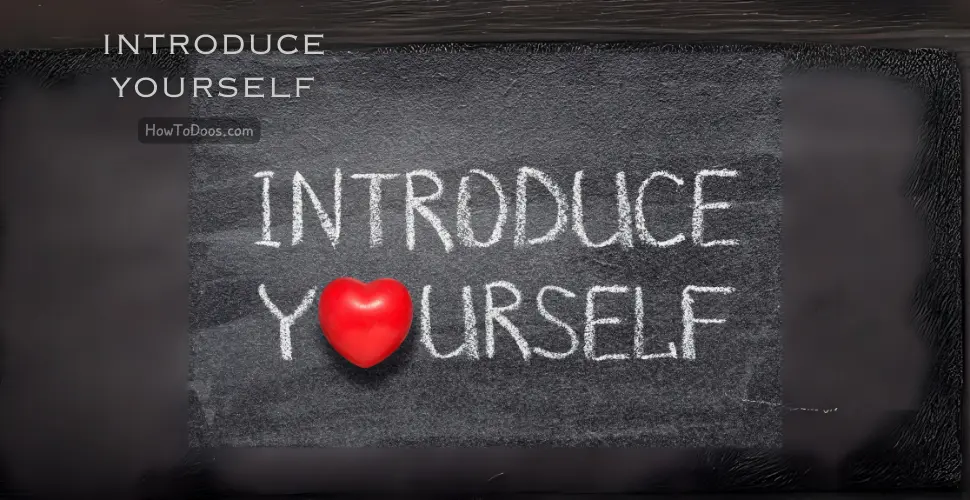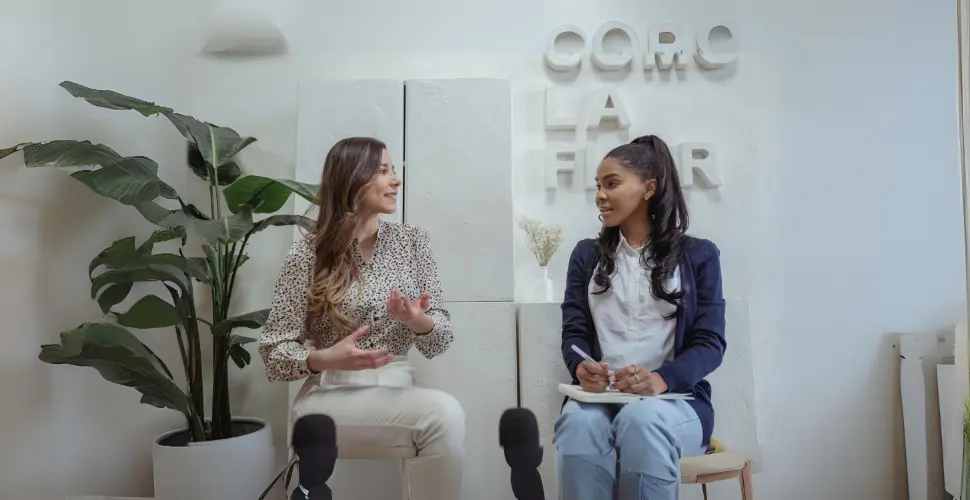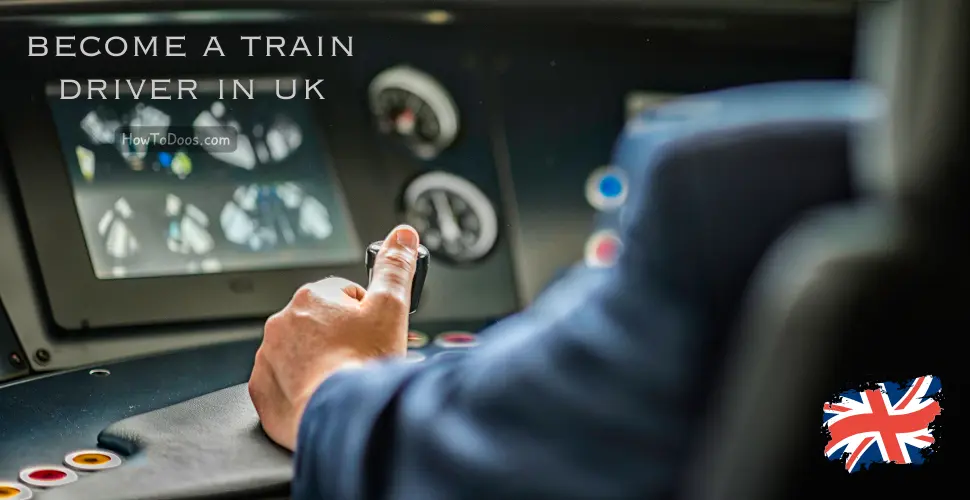How to Introduce Yourself in an Interview: Tips for Making a Great First Impression
-
 Emily Carter
Emily Carter - 15 Jul, 2024

How to Introduce Yourself in an Interview: Tips for Making a Great First Impression
 Introducing yourself in an interview is your first opportunity to create a positive impression. The way you present yourself can set the tone for the rest of the interview. Here are some essential tips to ensure you start on the right foot.
Introducing yourself in an interview is your first opportunity to create a positive impression. The way you present yourself can set the tone for the rest of the interview. Here are some essential tips to ensure you start on the right foot.
Why Your Introduction Matters
First impressions are crucial in an interview setting. A confident and polished introduction can:
- Establish your credibility.
- Set a positive tone for the rest of the interview.
- Highlight your professionalism.
Preparing for Your Introduction
Research the Company
Understand the company’s culture, values, and what they are looking for in a candidate. Tailor your introduction to align with these elements.
Practice Your Introduction
Rehearse what you will say and how you will say it. Practice in front of a mirror or with a friend to gain confidence.
Steps to Introduce Yourself in an Interview
Step 1: Greet Your Interviewers
Start with a friendly and professional greeting. Smile, make eye contact, and offer a firm handshake.

Example:
“Good morning, I’m [Your Name]. It’s a pleasure to meet you.”
Step 2: Provide a Brief Professional Summary
Give a concise summary of your background, highlighting your relevant experience and skills.
Example:
“I have over five years of experience in marketing, with a focus on digital campaigns and social media strategy. At my previous role at XYZ Company, I led a team that increased our online engagement by 40%.”
Step 3: Mention Your Interest in the Role
Explain why you are excited about the position and how it aligns with your career goals.
Example:
“I’m particularly excited about this opportunity because of your company’s innovative approach to marketing and commitment to community engagement. I believe my skills and experience would be a great fit for your team.”
Step 4: Be Ready to Answer Follow-Up Questions
Your introduction should be a starting point for further discussion. Be prepared to expand on any points you mention.
Tips for a Memorable Introduction
Be Confident but Humble
Confidence is key, but arrogance can be off-putting. Show your strengths without overstating them.
Keep It Relevant
Stick to information that is pertinent to the job and company. Avoid going off on tangents about unrelated experiences.
Be Authentic
Be yourself. Authenticity can help build rapport with your interviewers.
Non-Verbal Cues
Pay attention to your body language. Maintain good posture, make eye contact, and use appropriate hand gestures.
Common Mistakes to Avoid
Overloading Information
Keep your introduction concise. Avoid overwhelming your interviewers with too much information at once.
Negative Language
Stay positive. Avoid speaking negatively about previous employers or experiences.
Lack of Preparation
An unprepared introduction can come across as unprofessional. Take the time to practice and refine your introduction.

Summary
A strong introduction in an interview sets the stage for a successful interaction. By greeting your interviewers professionally, providing a succinct summary of your background, and expressing your enthusiasm for the role, you can make a positive and lasting impression. Remember to stay confident, relevant, and authentic throughout your introduction.
